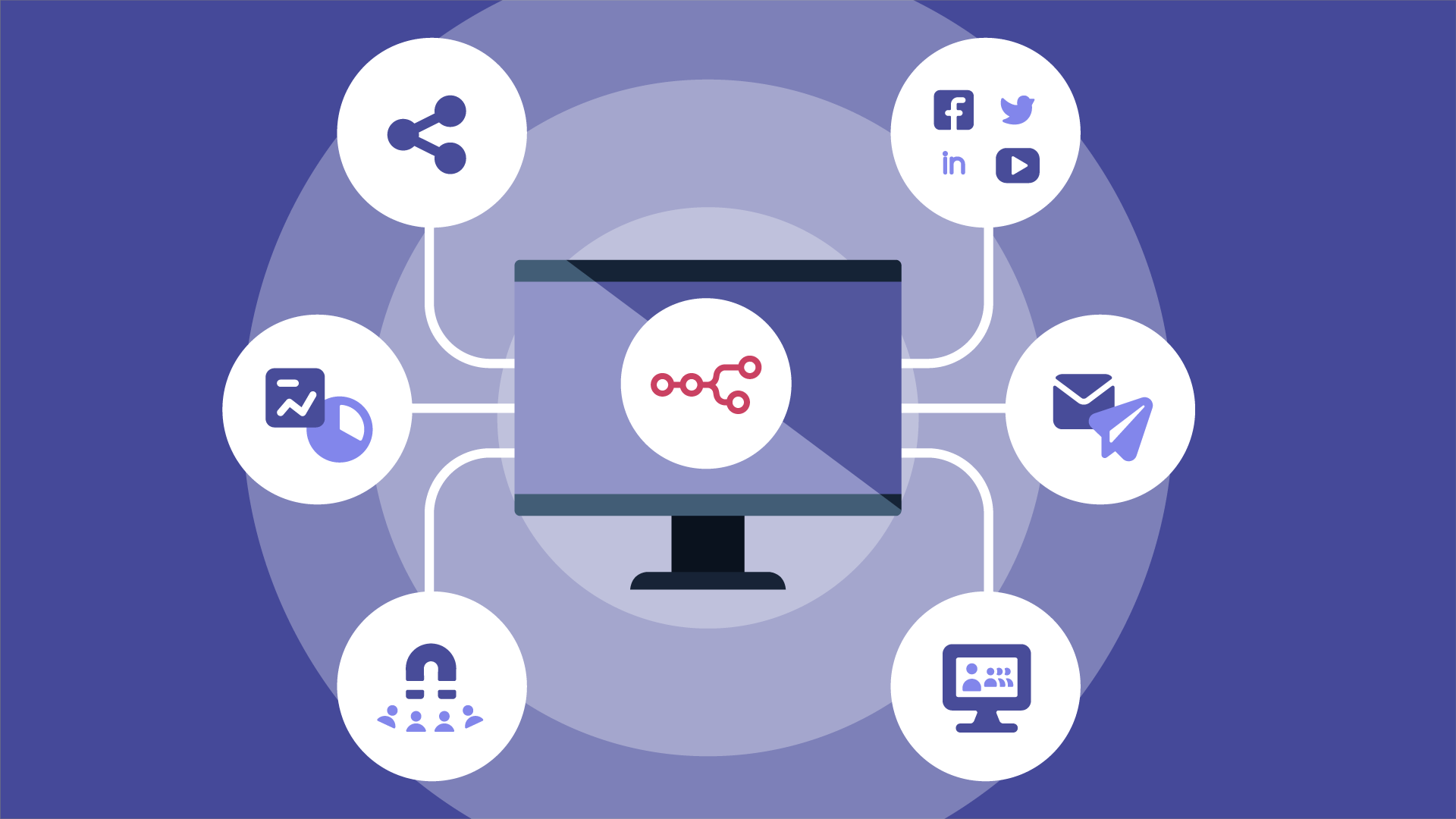
Enter recruitment automation tools—an increasingly vital component of any forward-thinking recruitment strategy. These tools streamline the hiring process, allowing recruiters to focus on what truly matters: building relationships and securing the best candidates for the job.
Recruitment Automation
Recruitment automation is not just a buzzword; it’s a game-changer. By automating repetitive and time-consuming tasks, recruiters can free up their schedules to engage more meaningfully with candidates. From screening resumes to scheduling interviews, automation tools handle the grunt work, ensuring that nothing falls through the cracks.
For example, an automated system can sift through thousands of resumes in minutes, highlighting the most qualified candidates based on pre-set criteria. This not only speeds up the hiring process but also ensures that no qualified candidate is overlooked due to human error or time constraints.
Efficiency with the Best Applicant Tracking Systems
One of the most crucial elements of recruitment automation is the Applicant Tracking System (ATS). The best applicant tracking systems do more than just store resumes; they offer a suite of features designed to enhance every stage of the recruitment process.
Modern ATS platforms allow recruiters to automate everything from job postings to candidate communications. They can also integrate with other recruitment tools, such as recruitment marketing software and virtual interview platforms, creating a seamless experience for both recruiters and candidates.
For instance, when a candidate applies for a position, the ATS can automatically parse their resume, assess their qualifications, and move them to the appropriate stage in the hiring pipeline. If the candidate meets the necessary criteria, the system can automatically send an invitation for a virtual interview, complete with scheduling options tailored to the candidate’s availability.
The Use of Virtual Interviews
Virtual interviews have become a cornerstone of modern recruitment, especially in the wake of the global pandemic. These interviews offer flexibility and convenience for both recruiters and candidates, allowing them to connect from anywhere in the world. However, managing virtual interviews can be cumbersome without the right tools.
Recruitment automation tools simplify the process of scheduling, conducting, and evaluating virtual interviews. Integrated ATS platforms can automatically schedule interviews based on the availability of both parties, send reminders, and even provide a centralized platform for conducting the interview.
During the interview, many systems allow recruiters to take notes directly in the platform, ensuring that all relevant information is stored in one place. Some advanced tools even offer AI-powered features that analyze candidate responses, providing insights that can help inform hiring decisions.
Candidate Experience Through Automation
In today’s competitive job market, candidate experience is paramount. A poor experience can lead to negative reviews, damaged employer reputation, and ultimately, lost talent. Recruitment automation tools play a critical role in enhancing candidate experience by ensuring timely and personalized communication throughout the hiring process.
For example, the best applicant tracking systems can automate personalized follow-up emails, keeping candidates informed about their application status. This level of communication helps build trust and keeps candidates engaged, even if the hiring process takes longer than expected.
Automation tools also ensure that candidates are not left waiting in the dark. By automating routine tasks, recruiters have more time to provide personalized feedback and answer candidate questions, fostering a positive experience from start to finish.
Data-Driven Recruitment with Automation Tools
One of the most significant advantages of recruitment automation is the ability to collect and analyze data. Every interaction with a candidate generates valuable data that can be used to refine and improve recruitment strategies.
For instance, an ATS can track metrics such as time-to-hire, candidate drop-off rates, and the effectiveness of different sourcing channels. By analyzing this data, recruiters can identify bottlenecks in the hiring process, optimize candidate sourcing, and improve overall efficiency.
Additionally, data from virtual interviews can be analyzed to identify patterns and trends in candidate performance, helping recruiters make more informed hiring decisions. Over time, this data-driven approach can lead to better hiring outcomes and a more efficient recruitment process.
Overcoming Challenges in Recruitment Automation
While recruitment automation offers numerous benefits, it is not without its challenges. Implementing these tools requires an investment of time and resources, as well as a willingness to adapt to new technologies.
One of the primary challenges is ensuring that automation tools are used effectively without sacrificing the personal touch that is so crucial in recruitment. While automation can handle many aspects of the hiring process, it is essential for recruiters to maintain a human element, particularly when it comes to candidate interactions.
To overcome this challenge, recruiters should focus on automating routine tasks while reserving personalized communication and relationship-building for later stages of the hiring process. By striking the right balance, recruiters can leverage the power of automation without losing the human connection that candidates value.
Recruitment Automation
As technology continues to advance, recruitment automation tools will only become more sophisticated. We can expect to see greater integration between ATS platforms, virtual interview tools, and other recruitment technologies, creating a seamless and fully automated recruitment process.
In the future, AI-powered tools may play an even more significant role, with capabilities such as predictive analytics and advanced candidate matching. These tools will enable recruiters to anticipate hiring needs, identify top talent more effectively, and make data-driven decisions with greater accuracy.
However, no matter how advanced these tools become, the core principles of recruitment will remain the same: building relationships, understanding candidate needs, and making informed hiring decisions. Recruitment automation tools are not a replacement for human recruiters; rather, they are a powerful complement that can enhance the recruitment process and drive better outcomes.
Recruitment automation tools are transforming the way companies attract, engage, and hire top talent. By leveraging the best applicant tracking systems, virtual interview platforms, and data-driven insights, recruiters can streamline their processes, improve candidate experience, and make more informed hiring decisions. As the recruitment landscape continues to evolve, those who embrace automation will be better equipped to navigate the challenges and opportunities of the modern job market.






